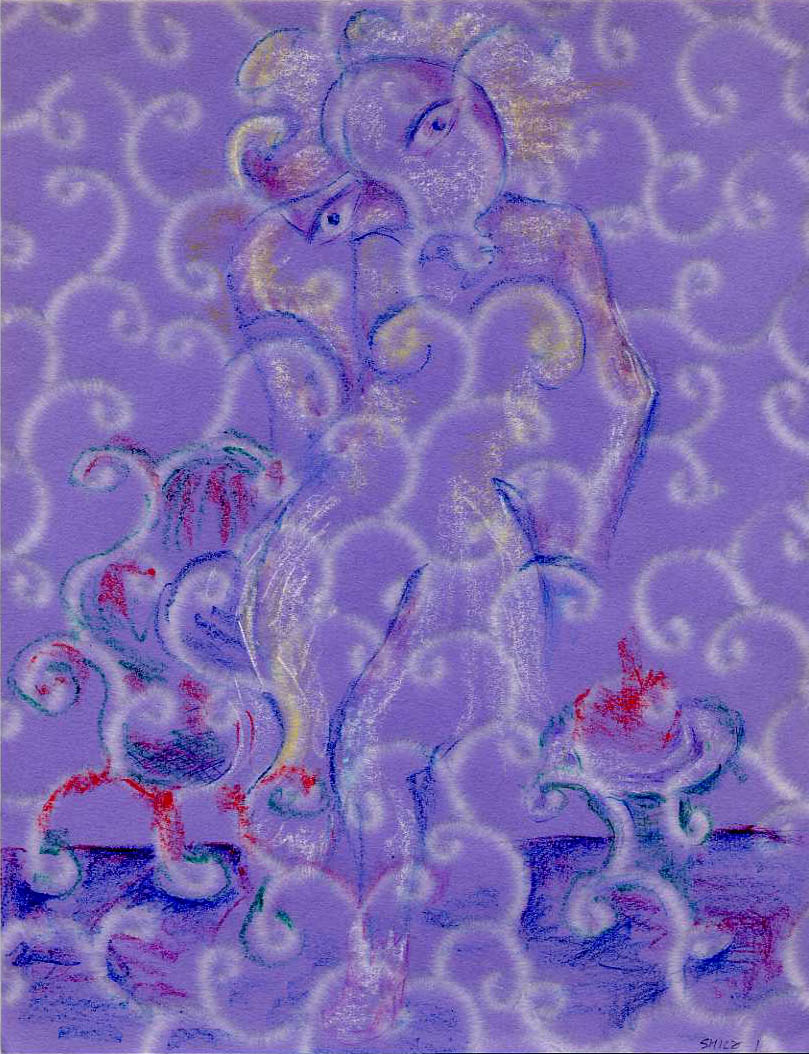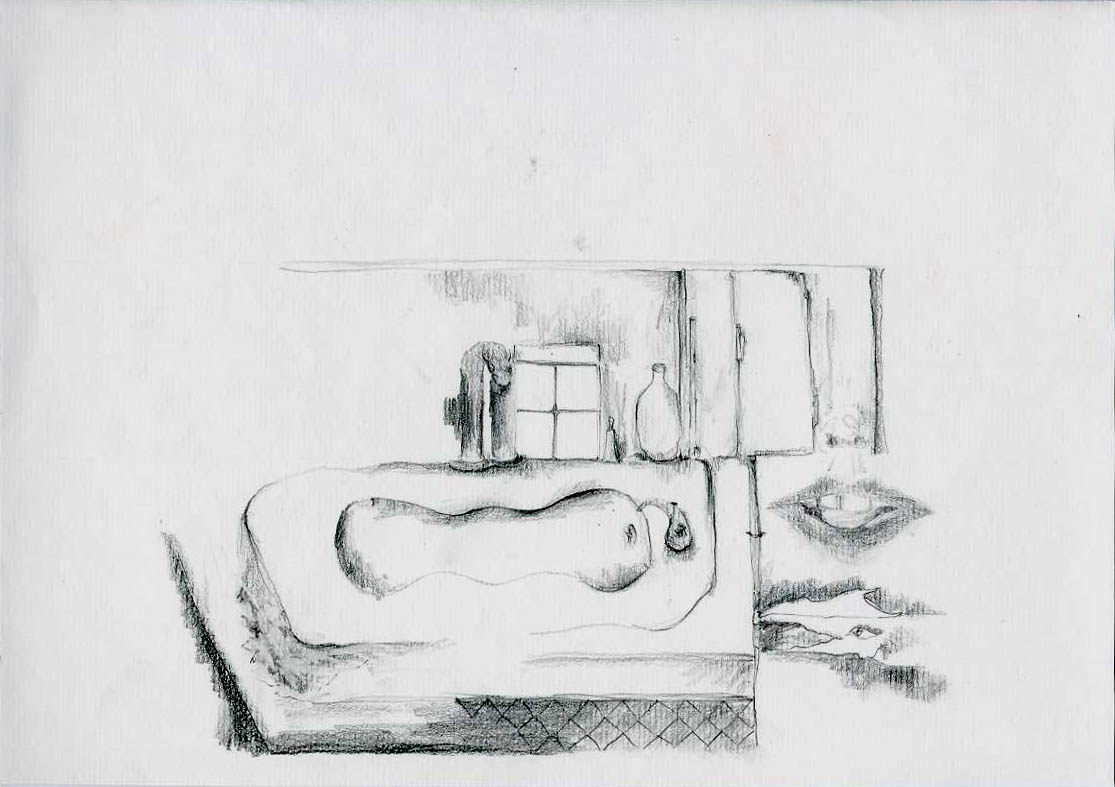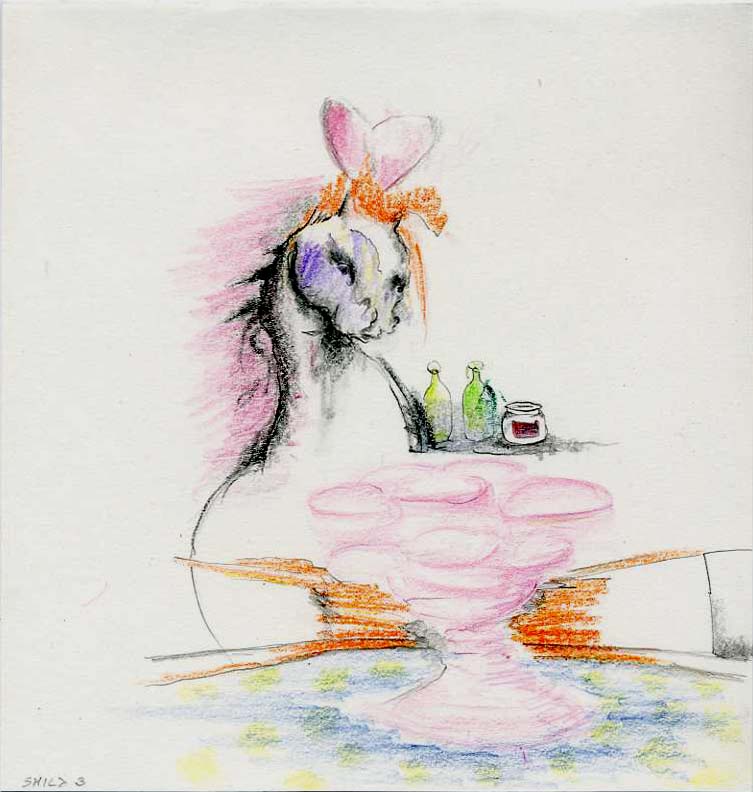Objective of this project was to establish a way for detecting, validating and measuring empathy. Empathy is a psychic event that is difficult to detect physiologically. Current scientific methods for detection of empathy are either inconclusive (answering questionnaires is prone to bias) or too complex (brain scans can point to empathizing activity). My approach utilizes automatic drawing technique to document inter-subjectivity between myself and the other person. This documentation is then shown to the other person to decipher whether or not I succeeded in empathizing. To my surprise, out of about a dozen of trials of this experiment, every single time the presence or absence of empathy was detected 100% accurately.
The experiment went like this:
1) The other person writes a page of text about a subjective topic
2) I attempt to empathize with this topic and produce several drawings. If I feel like empathy did take place, I note the drawing(s) during which I felt it happening
3) I show the drawings in order in which I made them to the other person and ask whether or not I succeeded in empathizing
4) The other person points to the drawing(s) which they feel display my empathy
Once, the experiment was taken a step further - the other person reached back to me a told me that she changed her mind on the topic based on my drawings
Objective of this project was to establish a way for detecting, validating and measuring empathy. Empathy is a psychic event that is difficult to detect physiologically. Current scientific methods for detection of empathy are either inconclusive (answering questionnaires is prone to bias) or too complex (brain scans can point to empathizing activity). My approach utilizes automatic drawing technique to document inter-subjectivity between myself and the other person. This documentation is then shown to the other person to decipher whether or not I succeeded in empathizing. To my surprise, out of about a dozen of trials of this experiment, every single time the presence or absence of empathy was detected 100% accurately.
The experiment went like this:
1) The other person writes a page of text about a subjective topic
2) I attempt to empathize with this topic and produce several drawings. If I feel like empathy did take place, I note the drawing(s) during which I felt it happening
3) I show the drawings in order in which I made them to the other person and ask whether or not I succeeded in empathizing
4) The other person points to the drawing(s) which they feel display my empathy
Once, the experiment was taken a step further - the other person reached back to me a told me that she changed her mind on the topic based on my drawings
Experiment Trials: Two Examples
Experiment Trials: Two Examples
“What is love? Baby do not hurt me /
Love is an anti-boredom illusion”
An analysis of love relationships between individualistic people.
Love is an illusion, an invention of our imagination. We have the need to love and be loved, to give excitement to our life.
When we are too busy with so many things, like work for example, we do not have time for relationships right? We do not have time to socialize and meet new people. We also do not have apparently the need because our life is already too occupied. We surf in the wave of an ongoing doing. Actually, we do not have space to feel or analyze our inner- emotional life. But, we are not bored.
On the opposite, when we have more free time, nothing to do. No plans. If we are in a moment of leisure, then usually we would have more mental space to analyze different aspects of ourselves. If we are not in a couple, or going through a transitional period after a relationship, for sure in a certain moment we would get to the point when we would wonder why we are alone, and would probably play with the fantasy of being in love.
Yes, love can also just “appear out of nothing, when you less expected It” but in a way you always have “to stay open for the possibility”. Why? Why do you want to leave this door open? Because being in love is a huge entertainment and the need to do something to entertain ourselves occupies an important position in the life of people. It is one of the most basic human necessities: The need to play.
You fall in love because you want to play. Why do you want to play? Because you are too bored. In order to play you need company. Around the age of four, we start to understand that it is funnier to play with others. We create the illusion we are in love with someone, to have a best friend forever to play and have sex with, certainly the best combination to assure we cannot be bored.
These are the rules of the game of love: Pick up the object of your desire. Oh, I am sorry, I meant to say, a person that you desire. Your goal is that this person desires you back. Therefore you have to create strategies to catch her-his attention, and the play has started.
As long and you keep playing you will be entertained. So in a way, you need this person to always be a little bit away from you. This keeps you entertained, creating strategies to reach this person, to bring her-him closer.
There is a proportional relation between how far from you this person is, and how intense is your desire for her-him. The desire increases if the person goes away and decreases when the person comes closer. If you finally achieve to have this person totally, the desire will be zero, simply because the game is over. So there is no need to keep playing. In case this happens, we would
feel frustrated. It is always sad when the game is over. We need to keep playing the game. And in order to play this game, we need someone to desire.
So we will create an image of this person inside of us. A beautiful image we can adore and admire. And this state of adoration and intense desire for a specific person, we would call it: to be in love.
To accept this banal analysis of what love is, implies accepting how individualistic we are. Therefore, we need to create the illusion that this person of our desire is someone we love. To be in love is an honorable feeling, while to desire someone, and keep playing to maintain this desire, has a hedonistic nature.
That is why this “love” we feel, is just an illusion. What is to fall in love? Why you fall in love? No one is so special, you just made a decision to create an illusion this person is the one you desire the most.
You meet someone, find her-him attractive enough; a desire has been awakened. As long as the desire is there, you keep playing. Love is an illusion.
“What is love? Baby do not hurt me /
Love is an anti-boredom illusion”
An analysis of love relationships between individualistic people.
Love is an illusion, an invention of our imagination. We have the need to love and be loved, to give excitement to our life.
When we are too busy with so many things, like work for example, we do not have time for relationships right? We do not have time to socialize and meet new people. We also do not have apparently the need because our life is already too occupied. We surf in the wave of an ongoing doing. Actually, we do not have space to feel or analyze our inner- emotional life. But, we are not bored.
On the opposite, when we have more free time, nothing to do. No plans. If we are in a moment of leisure, then usually we would have more mental space to analyze different aspects of ourselves. If we are not in a couple, or going through a transitional period after a relationship, for sure in a certain moment we would get to the point when we would wonder why we are alone, and would probably play with the fantasy of being in love.
Yes, love can also just “appear out of nothing, when you less expected It” but in a way you always have “to stay open for the possibility”. Why? Why do you want to leave this door open? Because being in love is a huge entertainment and the need to do something to entertain ourselves occupies an important position in the life of people. It is one of the most basic human necessities: The need to play.
You fall in love because you want to play. Why do you want to play? Because you are too bored. In order to play you need company. Around the age of four, we start to understand that it is funnier to play with others. We create the illusion we are in love with someone, to have a best friend forever to play and have sex with, certainly the best combination to assure we cannot be bored.
These are the rules of the game of love: Pick up the object of your desire. Oh, I am sorry, I meant to say, a person that you desire. Your goal is that this person desires you back. Therefore you have to create strategies to catch her-his attention, and the play has started.
As long and you keep playing you will be entertained. So in a way, you need this person to always be a little bit away from you. This keeps you entertained, creating strategies to reach this person, to bring her-him closer.
There is a proportional relation between how far from you this person is, and how intense is your desire for her-him. The desire increases if the person goes away and decreases when the person comes closer. If you finally achieve to have this person totally, the desire will be zero, simply because the game is over. So there is no need to keep playing. In case this happens, we would
feel frustrated. It is always sad when the game is over. We need to keep playing the game. And in order to play this game, we need someone to desire.
So we will create an image of this person inside of us. A beautiful image we can adore and admire. And this state of adoration and intense desire for a specific person, we would call it: to be in love.
To accept this banal analysis of what love is, implies accepting how individualistic we are. Therefore, we need to create the illusion that this person of our desire is someone we love. To be in love is an honorable feeling, while to desire someone, and keep playing to maintain this desire, has a hedonistic nature.
That is why this “love” we feel, is just an illusion. What is to fall in love? Why you fall in love? No one is so special, you just made a decision to create an illusion this person is the one you desire the most.
You meet someone, find her-him attractive enough; a desire has been awakened. As long as the desire is there, you keep playing. Love is an illusion.
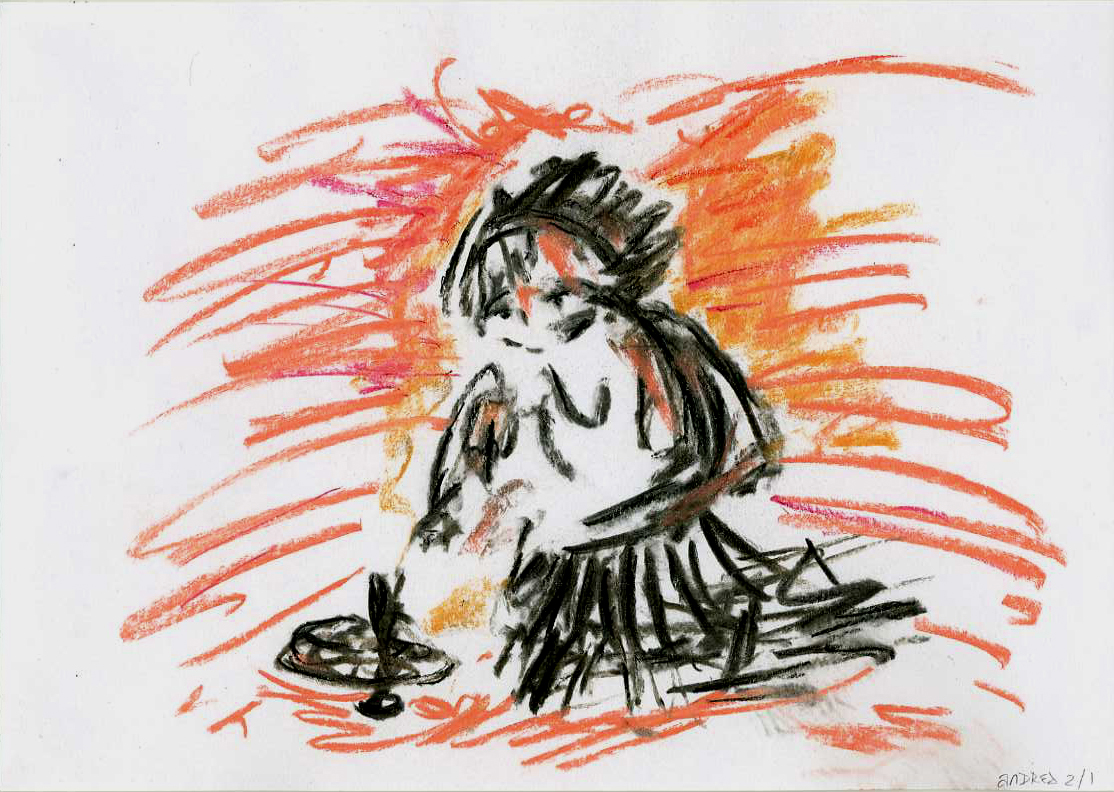
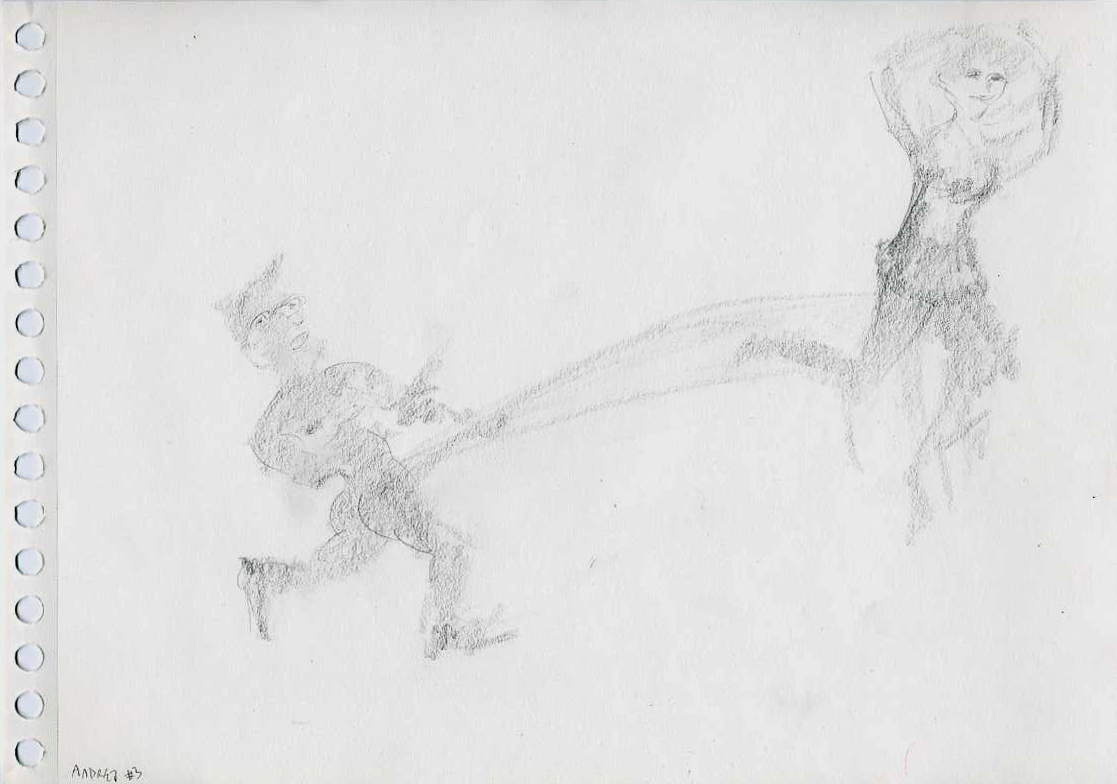
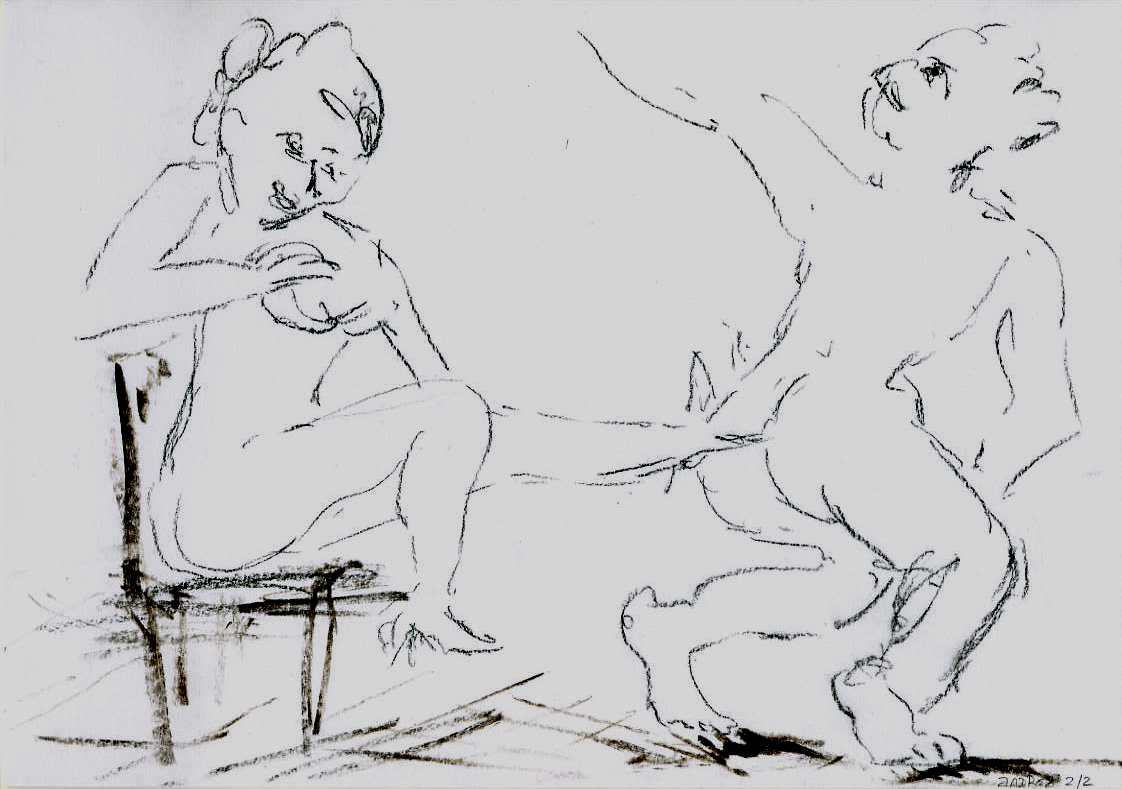
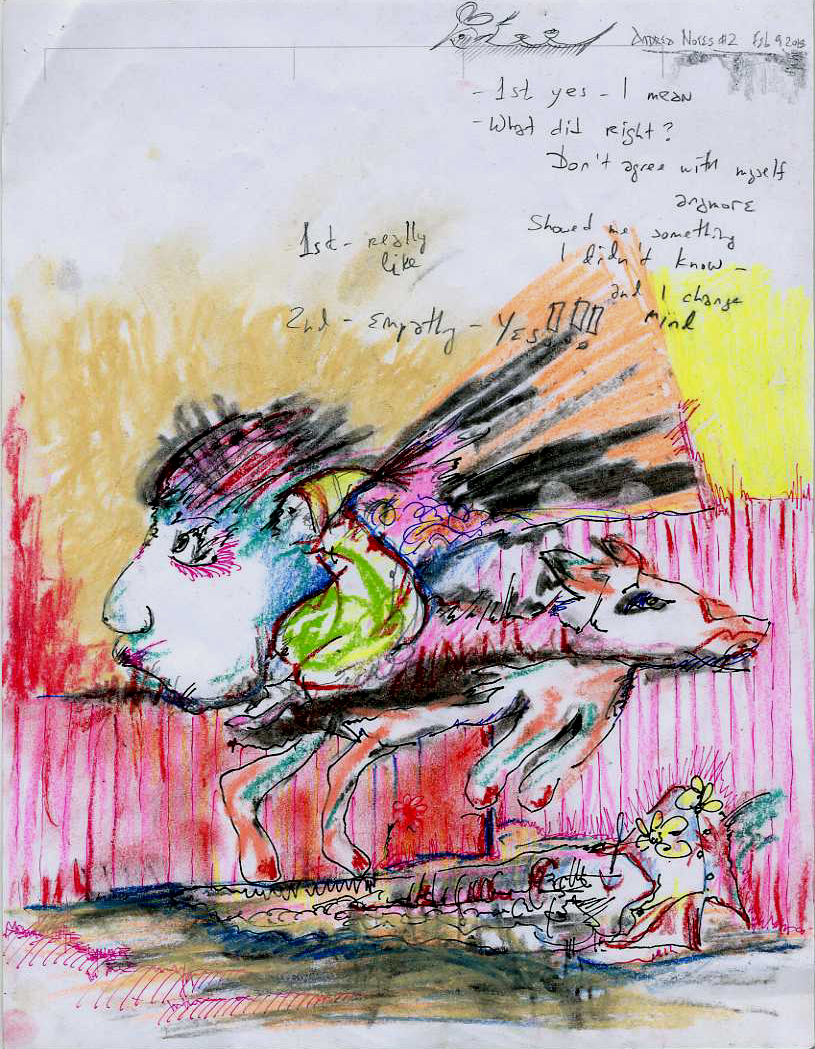
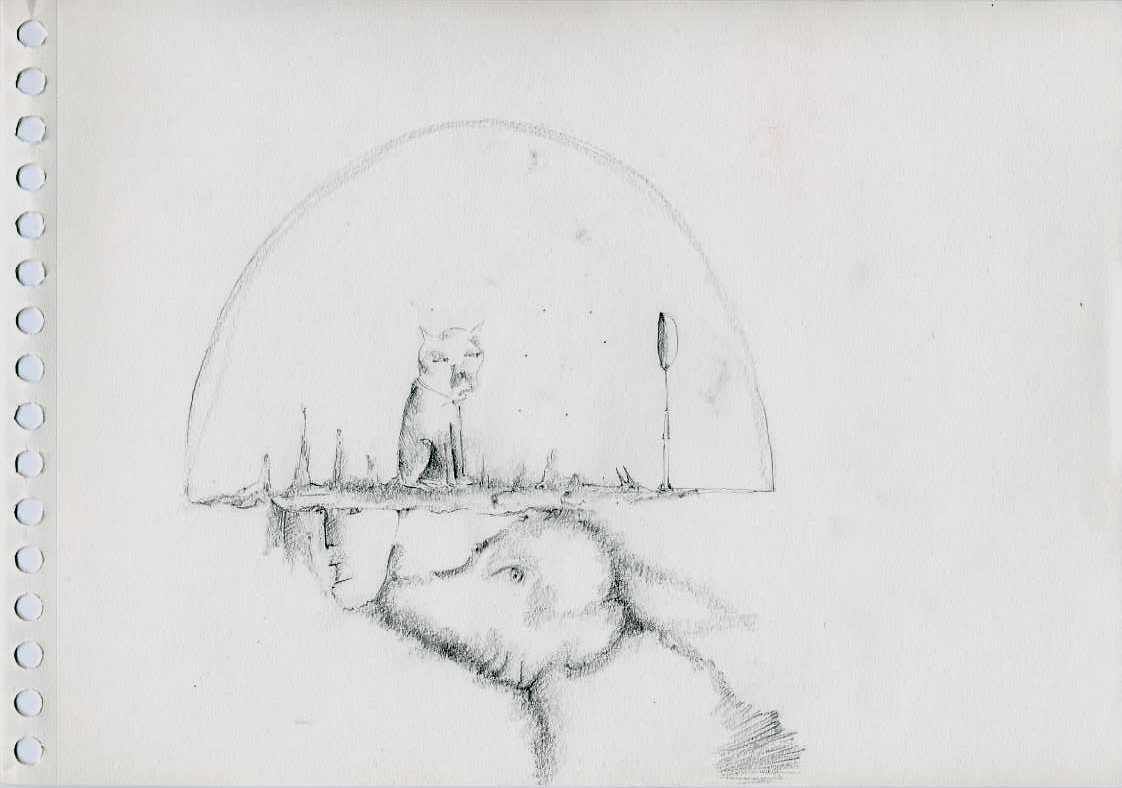
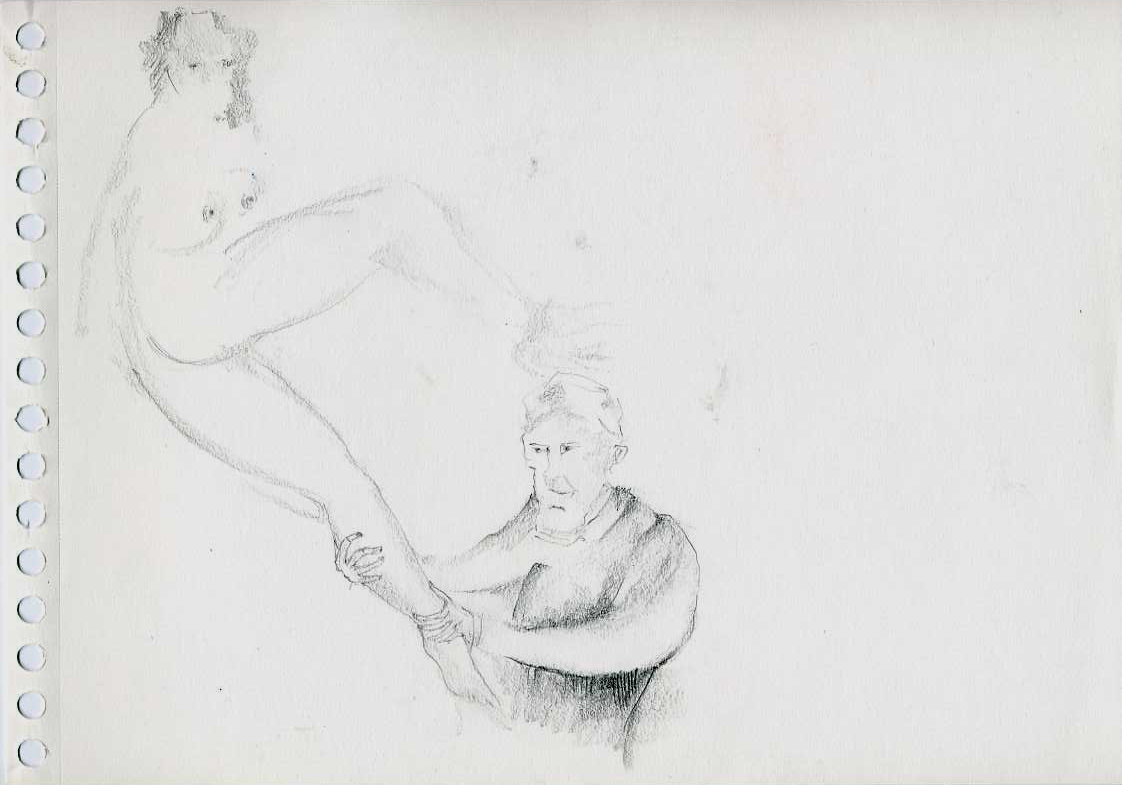
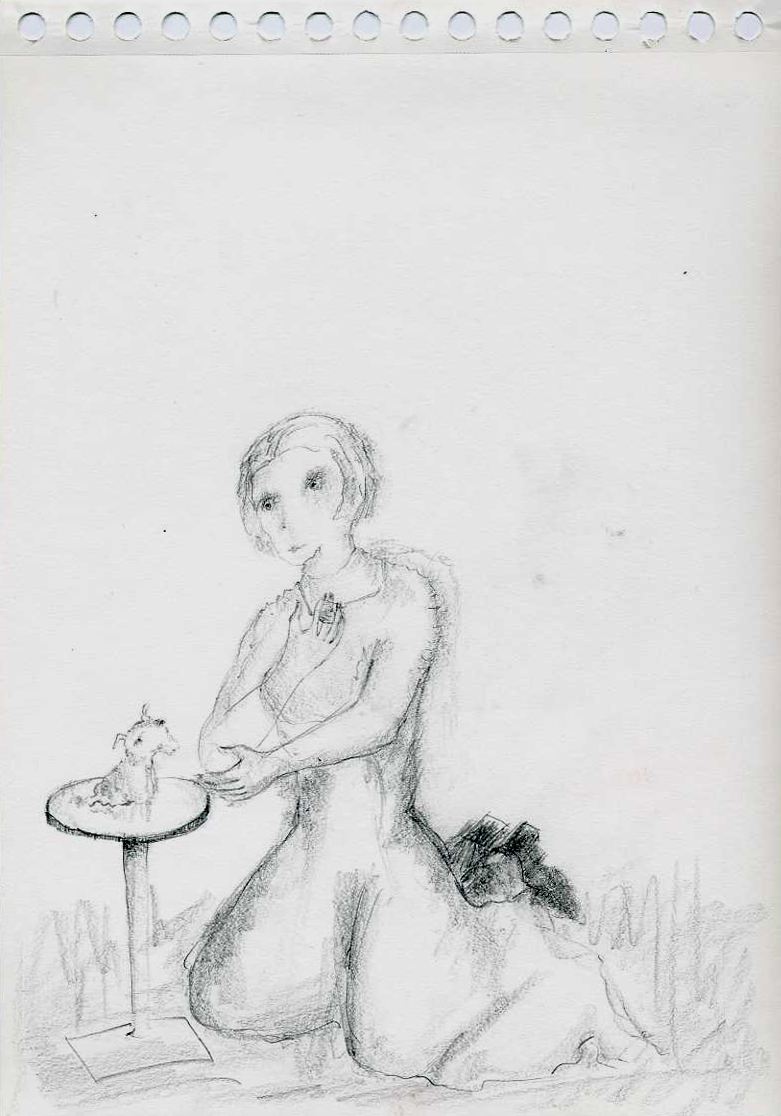
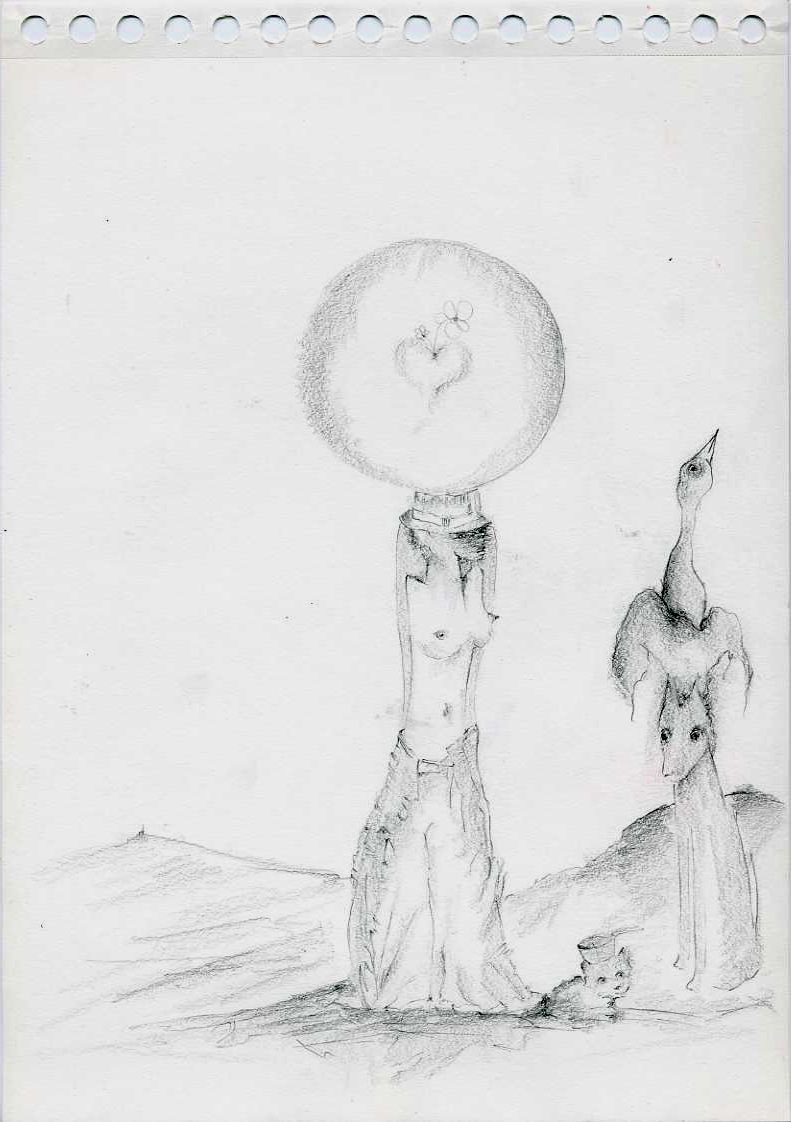
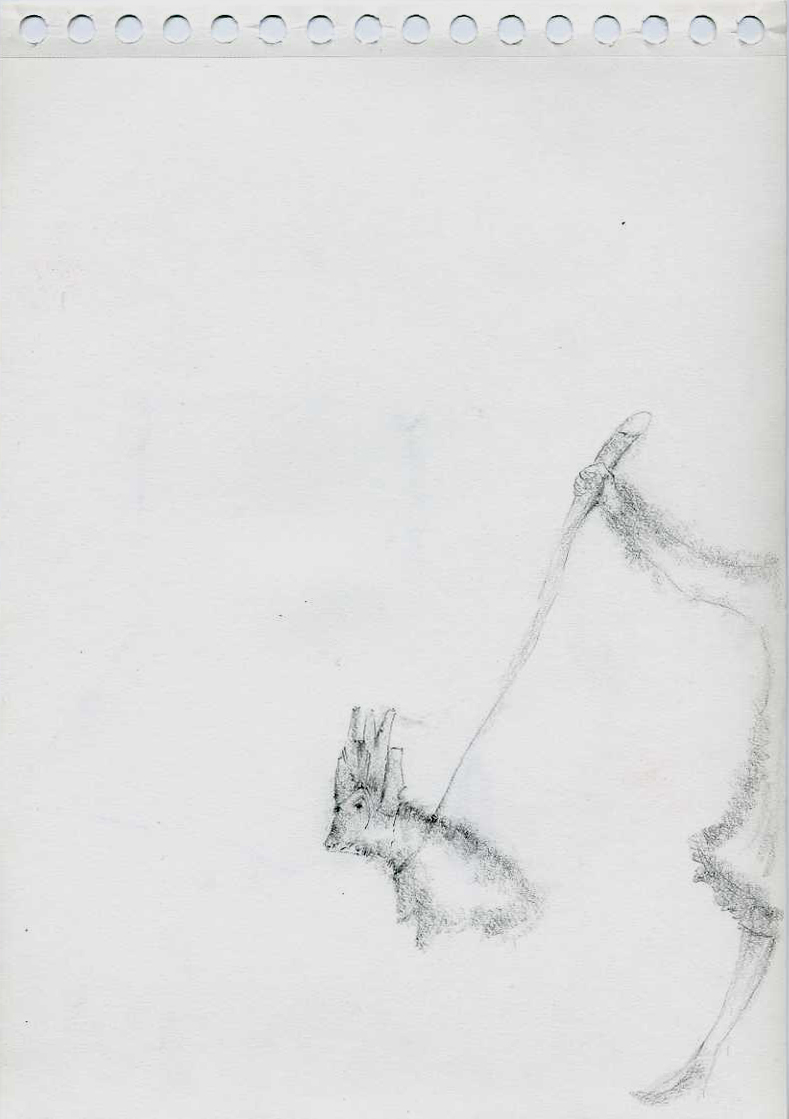
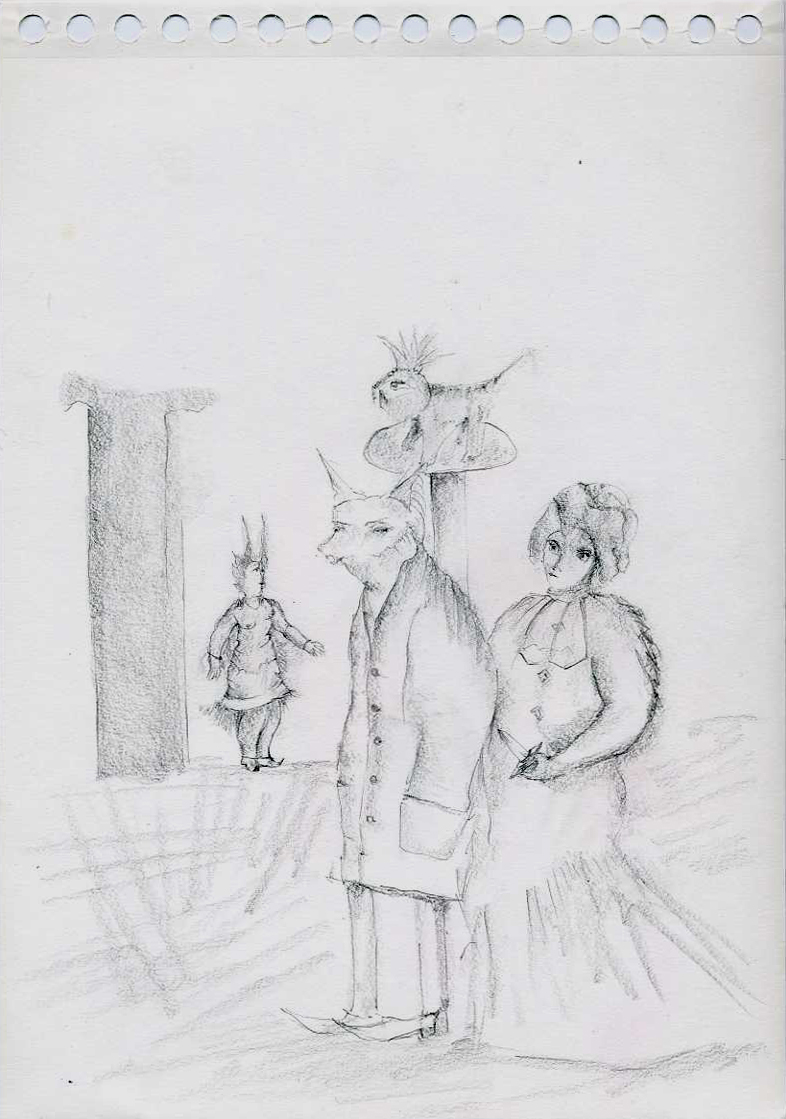
Where I grew up, there were only two kinds of people, those who “eat to live” or those who “lived to eat”. And I belonged unabashedly to the latter group. Singapore is called a foodie’s paradise because that was exactly what it was – a haven of amazing culinary delights borne out of cultures as different as night and day, all co-existing and inter-mingling. Those of us who “live to eat” bear our burning, high-caloric passion with much seriousness.
When it comes to food, one simply does not settle. One may settle for a job, for a car, even a spouse, but one does not settle for mediocre food! In fact, nothing makes me as grumpy as a bad tasting, utterly “blah” meal – especially if I had to pay for it along with service charge and taxes. A meal not enjoyed is a meal wasted.
Many people call me a “food snob” my husband included, but you see, good food does not have to be fussy, posh or expensive. If I have to pay $14 for a mediocre plate of way-past-al-dente-pasta at a run-of-the-mill chain family restaurant or $4 for a flavourful bowl of minced meat noodles in a stall behind a market, you can bet I’m picking that market stall every single time. Nothing makes me as grouchy as blah food.
Unfortunately in my social circle there aren’t many serious foodies like me, and I’m outnumbered by people who happily pick quantity over quality. I remember being taken to a “value-for-money” Japanese buffet somewhere in central Singapore. “It would be good”, I was told. “Lots of seafood”, I was promised. When we got there, sure there were piles of seafood but we were only allowed a limited amount of the good stuff and everything else was the likes of mystery potato salad and fried items from the supermarket frozen section. Everything was processed, breaded and possibly re-fried. Nuh-uh, no thank you. I rather go to the basement and have myself a subway sandwich. Let’s say we blew $50 per person on this awful buffet, that could have bought me 10 amazing plates of duck rice at a renowned market stall or I could have had 1 amazing lobster roll. Or 4 pints of a good beer.
There probably is another reason for my aversion to lousy grub. You see, genetics has given me a body that will not stay in shape unless I work really hard. I need to exercise four to six times a week to ensure that whatever I eat doesn’t stay forever on the hips. So if I was going to ingest some calories and if I am only allowed a single portion, the meal has to be worth it and satisfying. Perhaps I’d be a little more flexible if I was like the many Singaporean girls I knew who could have fried chicken every single day and not gain an ounce of fat. But I was not born with magic running through my veins and I refuse to waste my precious calories on “meh”-worthy food.
“You have to be more grateful Shila!”, “you’re so spoilt.”, “are you not aware of the many children dying from hunger?”, I hear you. Well yeah ok, I’m spoilt because I live somewhere with abundant and affordable food choices. But I would never just throw away a plate of food because it tasted bad. No. I’d eat it and be grumpy for the next hour or so and then I’ll be over it. And yes I’m aware of starving people around the globe, which is why I restrict my meat consumption in hope that some grain that would have gone to a cow went to a human family instead. So, I do my part ok? I’ve also never turned away a home-cooked meal because it was wasn’t up to scratch. And trust me, considering my travel track-record, you can be sure I’ve had my share of unsavoury food on the road. I would never disrespect a host like that. Anyway, a handy bottle of tobacco is usually all I need to salvage the situation.
Is there time for my next food pet peeve? Places that charge you to cook for yourself like table BBQs restaurants? Are you kidding me?! You know what, we can save that for another time.
